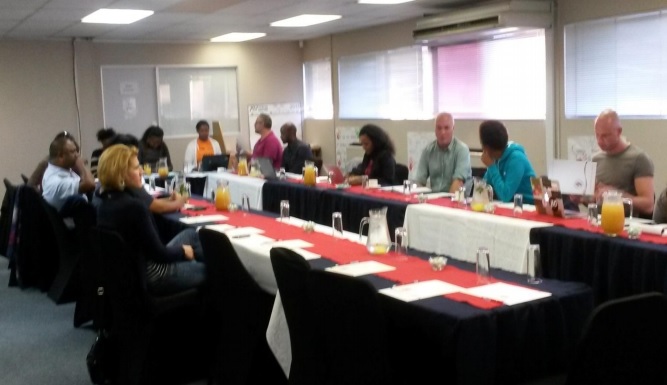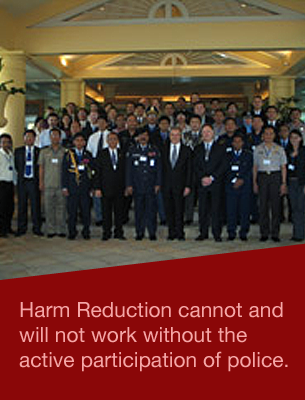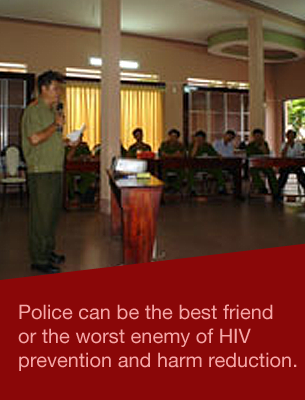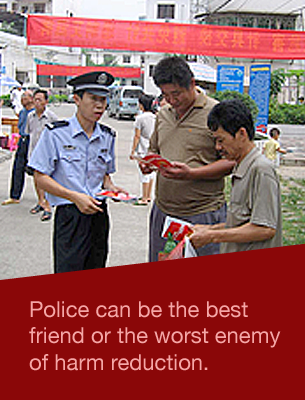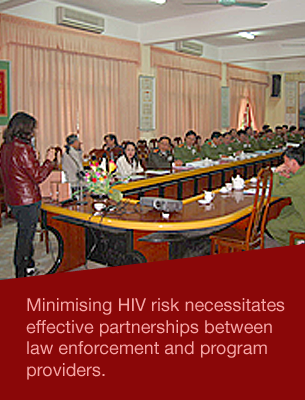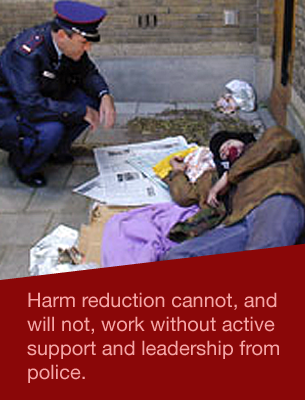Here is an update on an exciting programme underway in southern Africa in collaboration with Dutch experts.
Read the full Roundtable report here: Programme implementers working with key populations and law enforcement_8 June 2015
Round Table on Key Populations and Law Enforcement in South Africa
COC in close collaboration with OUT Wellbeing and many others organised a Round Table on Key Populations as a pre-meeting to the Durban AIDS conference on Monday 8 June 2015. 24 participants representing CDC, Mainline, UNODC, COC, OUT Wellbeing, LGBT Durban centre, Metro Police, SAfAIDS, South African Police Services (SAPS), SWEAT, TB/HIV Care Association, Urban Futures Centre and Wits Reproductive Health and HIV institute took part. SAfAIDS and COC presented on their current work involving working with LE and also highlighted on synergies and possibilities of collaborating. Other organisations also shared on their work and how they engage police and law enforcement.
SAfAIDS is engaged in a consultancy with the Foundation for Human Rights (South Africa) to develop a comprehensive plan for LGBTI sensitization for the South African Department of Justice. The strategy includes developing training protocols and sensitization materials for police and other service providers. SAfAIDS will conduct a thorough investigation into the current system of training for LGBTI sensitization, as well as the materials being used to facilitate the consolidation of existing materials into a single comprehensive programme that can be implemented nationally.
And COC shared on Hands Off! programme and development of the integrated manual.
The meeting agreed on a combined approach that is inclusive of all three KPs (LGBTI, Sex workers and PWUDs) as it is more efficient, and present stronger proposals to government. The Hands Off! integrated manual development will now include PWUDs as recommended.
In improving the situation that exists between KPs and the police, it was agreed to work with the police on multiple levels and was suggested that senior officials in the Department of Health should be used to champion changes in police protocol from the national policy level.
Use of champions on working with community-level police officers to advance KPs strategies was noted which includes study visits to other countries, the identification of champions within the police force, and use of Public Health advocates. CSOs should note the hierarchical nature of the police force and work on strategies to gain access to senior officials and decision-makers within the police, and that police officers are often more receptive to change when it is suggested by other police officers, rather than by Public Health advocates.
Please see the detailed report ‘Programme implementers working with key populations and law enforcement’_8 June 2015


